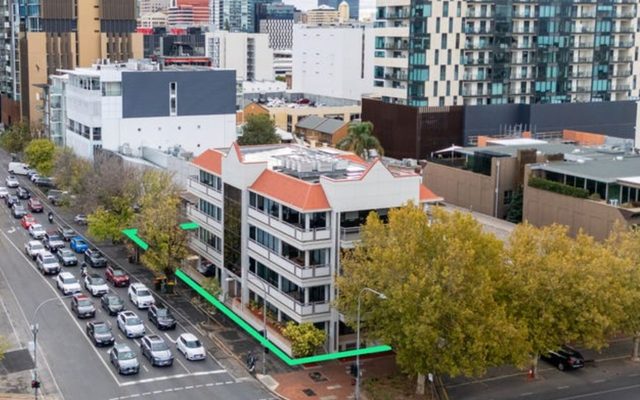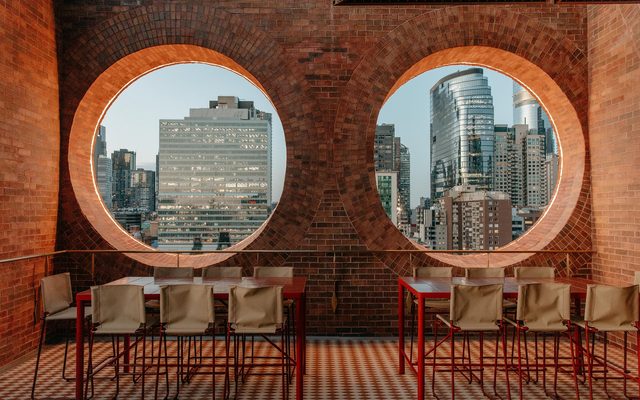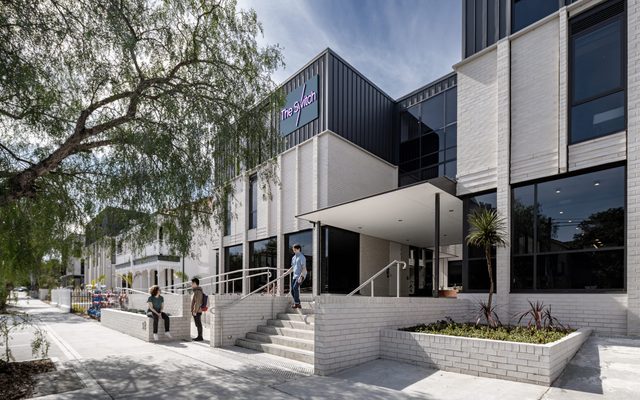This article is from the Australian Property Journal archive
NEW Zealand’s commercial property market is on the road to recovery by recording the first positive annual return since December 2008, according to the Property Council/IPD Property Index to March 2010.
The overall commercial property market recorded a total return of positive 2.4% for the year ending March 2010. This consisted of a positive 8.1% income return and a -5.3% capital return, compared to an annualised total return of -1.6% to December 2009.
IPD Australia and NZ managing director Dr Anthony De Francesco said the results clearly reflected an early recovery cycle for the commercial property market.
“It reflects a relative improvement in capital market conditions and a move towards more favourable macroeconomic conditions. Consequently, investors and property managers should be reassessing their portfolio strategies to take advantage of the upturn,” he added.
IPD NZ Advisory Group chair Alan McMahon said the results reflected previously expressed views that industrial, retail, and office tended to go into downturns and come out of them in that order.
“Barring external shocks we would expect to see this improving trend reflected over the balance of the year,” McMahon said.
Annualised total return to March 2010 for the office, industrial and retail sector indices stood at -0.5%, 6.0% and 4.4% respectively. Notably, while both the industrial and retail sectors report positive returns, the office sector continues to report negative returns.
The favourable return performance for the industrial and retail sectors was driven by an improved capital return, which although still negative was more than offset by the income return. The improvement in capital returns reflects a claw back in asset write downs and levelling out of cap rates. The negative return for office reflects a combination of factors: higher vacancies due to weak demand, lower expectations of future rental growth and upward movement in yields.
New Zealand Institute of Economic Research principal economist Shamubeel Eaqub said the economy was recovering and past the worst, but the outlook was cautious.
“The global economic situation was a pressing concern. The cost of borrowing – already high for the commercial property sector – may increase as the effects of European de-leveraging flowed through to New Zealand, he warned.
“The global economic situation was the most pertinent medium-term risk, affecting the availability and price of credit, but also the pace of global growth and exports,” he added.
Eaqub said commercial property remains vulnerable because it lags the cycle.
“The industrial property sector reacts far more quickly to economic conditions, followed by retail but office tends to lag because of factors including long-term leasing. A halt in new construction will help reduce pockets of oversupply and improve the outlook,”
Australian Property Journal



